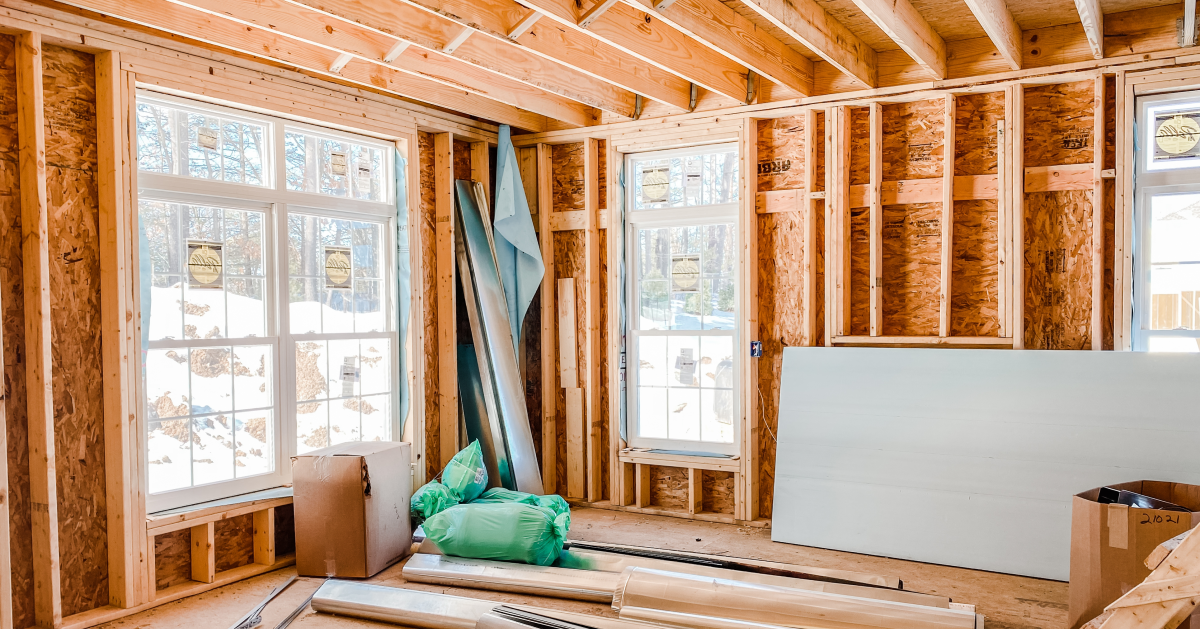Building or renovating a home is an exciting process, but it can also be filled with unexpected challenges. Construction projects, especially custom homes, often encounter delays that push timelines and increase costs. These delays can arise from various issues, including supply chain disruptions, labor shortages, and weather-related problems. Understanding the common construction challenges that cause delays can help you better prepare and mitigate potential setbacks. Find out here about common construction challenges that cause delays. Get the facts from construction consultants and experts here.
Here’s a look at the most frequent construction challenges and how they can cause delays.
1. Weather Conditions
One of the most unpredictable challenges in construction is the weather. Rain, snow, and extreme temperatures can halt construction projects and cause significant delays. For instance, heavy rain can prevent site preparation, slow down concrete pouring, or damage materials on-site. Snow or freezing temperatures can make it unsafe to operate equipment, while high winds may disrupt framing or roofing work.
In addition to pausing work, weather-related delays can affect the quality of certain tasks. Concrete and other materials require specific temperature conditions for proper curing. If bad weather interrupts these processes, you may face additional setbacks.
How to Mitigate:
Check weather forecasts and plan ahead, especially during seasons prone to extreme weather. Builders should have contingency plans to work around weather conditions whenever possible, such as scheduling interior tasks when outdoor work isn’t feasible.
2. Permitting and Regulatory Delays
Before construction can begin, obtaining the necessary permits and approvals from local government agencies is required. This process can take longer than expected, particularly if the project involves special zoning or environmental considerations. Delays in acquiring permits can prevent the project from starting on time, resulting in a longer timeline overall.
Sometimes, construction is halted mid-project if inspections uncover code violations or if additional permits are needed due to unforeseen changes in the scope of work. Navigating these bureaucratic hurdles often results in added time and frustration.
How to Mitigate:
Start the permitting process as early as possible. Work with professionals who are familiar with local building codes and regulations to avoid unexpected compliance issues. Maintaining clear communication with local authorities can also help keep the process on track.
3. Supply Chain Disruptions
The availability of construction materials is a critical factor in keeping a project on schedule. Supply chain disruptions can occur due to a variety of reasons, such as global shortages, shipping delays, or high demand for specific materials. These disruptions can lead to delays in receiving essential materials like lumber, steel, and concrete, ultimately pushing the project timeline.
Additionally, custom orders or specialized materials that need to be imported from other countries are particularly susceptible to delays. Even local suppliers may struggle to meet demand during peak building seasons, further contributing to project delays.
How to Mitigate:
Plan for longer lead times when ordering materials, especially for custom or rare items. Ordering materials well in advance and maintaining strong relationships with suppliers can help minimize the impact of supply chain disruptions.
4. Labor Shortages
The construction industry has been facing a significant labor shortage in recent years. Finding skilled workers for specialized tasks like plumbing, electrical work, or framing can be a challenge. If labor isn’t available when needed, projects can come to a standstill. Additionally, overworked or inexperienced workers may take longer to complete tasks, leading to further delays.
Labor shortages can become more pronounced in busy seasons when multiple construction projects are underway simultaneously. Without enough workers, the project timeline can stretch, causing delays in completing key phases of construction.
How to Mitigate:
Hire reputable builders with a strong, experienced workforce. Builders who maintain good relationships with subcontractors and provide competitive wages are more likely to have access to reliable labor. Scheduling key workers well in advance can also help avoid bottlenecks.
5. Changes in Design or Scope
Mid-project changes to the design or scope of the construction can cause significant delays. Even minor alterations, such as moving a wall or changing finishes, may require new permits, reordering materials, or rescheduling labor. These changes can disrupt the construction timeline and add unforeseen costs.
In some cases, unexpected site conditions, such as discovering poor soil quality or hidden structural issues, may require adjustments to the design. While these changes are sometimes necessary, they often lead to delays due to the need for additional planning and approvals.
How to Mitigate:
Work with your architect and builder to finalize all design details before construction begins. Minimizing changes during the project will help avoid delays and keep the process running smoothly. If changes are necessary, communicate clearly with your builder to understand the impact on the timeline.
6. Site Preparation Issues
Before construction can begin, the site must be properly prepared. This involves tasks such as clearing the land, grading, and laying the foundation. However, issues like uneven terrain, poor soil conditions, or unexpected obstacles such as underground utilities can delay site preparation. If the soil isn’t stable enough to support the foundation, additional work may be needed, such as soil compaction or drainage solutions.
In addition, discovering hazardous materials like asbestos during demolition or land clearing can lead to delays. Proper removal and mitigation of these materials take time and can delay further construction.
How to Mitigate:
Conduct thorough site assessments before construction begins to identify any potential issues. Engaging a professional surveyor or soil engineer can help catch problems early. Addressing these issues ahead of time can prevent costly and time-consuming delays later on.
7. Subcontractor Delays
Construction projects often rely on a variety of subcontractors, such as electricians, plumbers, and painters. If one subcontractor is delayed, it can create a ripple effect, pushing back the work of other trades. For example, if the electrician falls behind, it may prevent the drywall installation from starting on time, causing further delays.
In addition, poor coordination between subcontractors can lead to scheduling conflicts, resulting in inefficiencies and extended project timelines.
How to Mitigate:
Hire a general contractor with a solid network of subcontractors and a track record of managing projects efficiently. Ensure the contractor has a clear project schedule that coordinates all trades and allows for potential delays.
8. Unexpected Structural or Design Issues
Even with careful planning, unexpected structural or design issues can arise during construction. For example, builders may encounter problems such as faulty existing structures during renovations, incorrect measurements, or unanticipated building code requirements. These issues can result in delays as new solutions must be designed and implemented.
Furthermore, some projects reveal design flaws once construction begins, requiring adjustments to ensure the building’s structural integrity or compliance with local codes.
How to Mitigate:
Work with an experienced architect and builder to conduct thorough planning and inspections before construction starts. Ensure that all blueprints, measurements, and building codes are accurate and up to date. Catching potential issues early can prevent delays during construction.
9. Inspection Delays
Throughout the construction process, various inspections are required to ensure the project complies with local building codes and safety regulations. Delays can occur if inspections aren’t scheduled promptly or if the project doesn’t pass inspection. For instance, if the electrical work fails to meet code requirements, it may need to be redone before the project can move forward.
Additionally, inspectors may not always be available immediately, especially during busy building seasons. Waiting for an inspection can halt construction and add time to the overall schedule.
How to Mitigate:
Schedule inspections well in advance and ensure that all work meets code requirements before the inspector arrives. Working with a builder who is familiar with local inspection processes can help streamline this step.
10. Financing Issues
Financial challenges can also cause delays in construction. If funding for the project is delayed or if there are issues with securing a construction loan, work may need to pause until the finances are resolved. Changes in interest rates, lender requirements, or unexpected costs can further complicate the financing process.
In some cases, disagreements over payments between the homeowner and builder can result in halted work until the financial dispute is settled.
How to Mitigate:
Ensure your financing is in order before construction begins. Work closely with your lender to understand the payment schedule, and have contingency funds set aside for unexpected expenses. Clear communication between you and the builder about payment expectations can prevent disputes.
Conclusion
Construction projects can face a wide range of challenges that cause delays, from weather conditions and labor shortages to supply chain disruptions and design changes. While some factors are beyond your control, careful planning, clear communication, and working with experienced professionals can help minimize delays and keep your project on track. By anticipating potential issues and preparing solutions, you can reduce the impact of common construction challenges and move closer to completing your custom home or renovation on schedule. Find out here about common construction challenges that cause delays. Get the facts from construction consultants and experts here.


